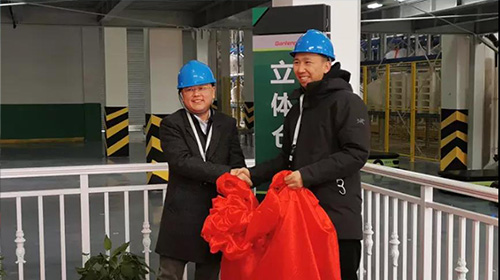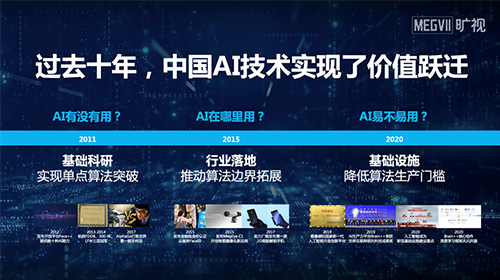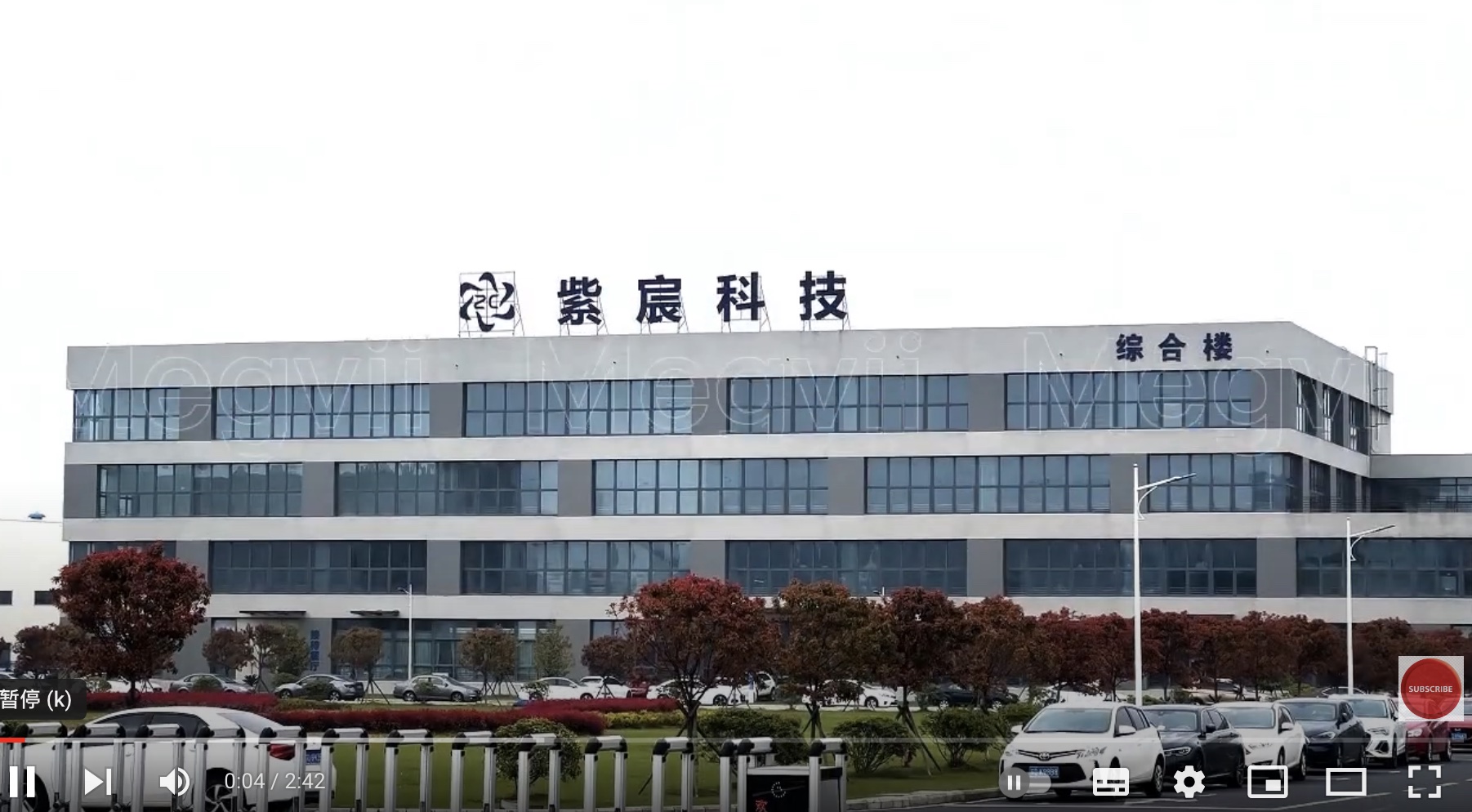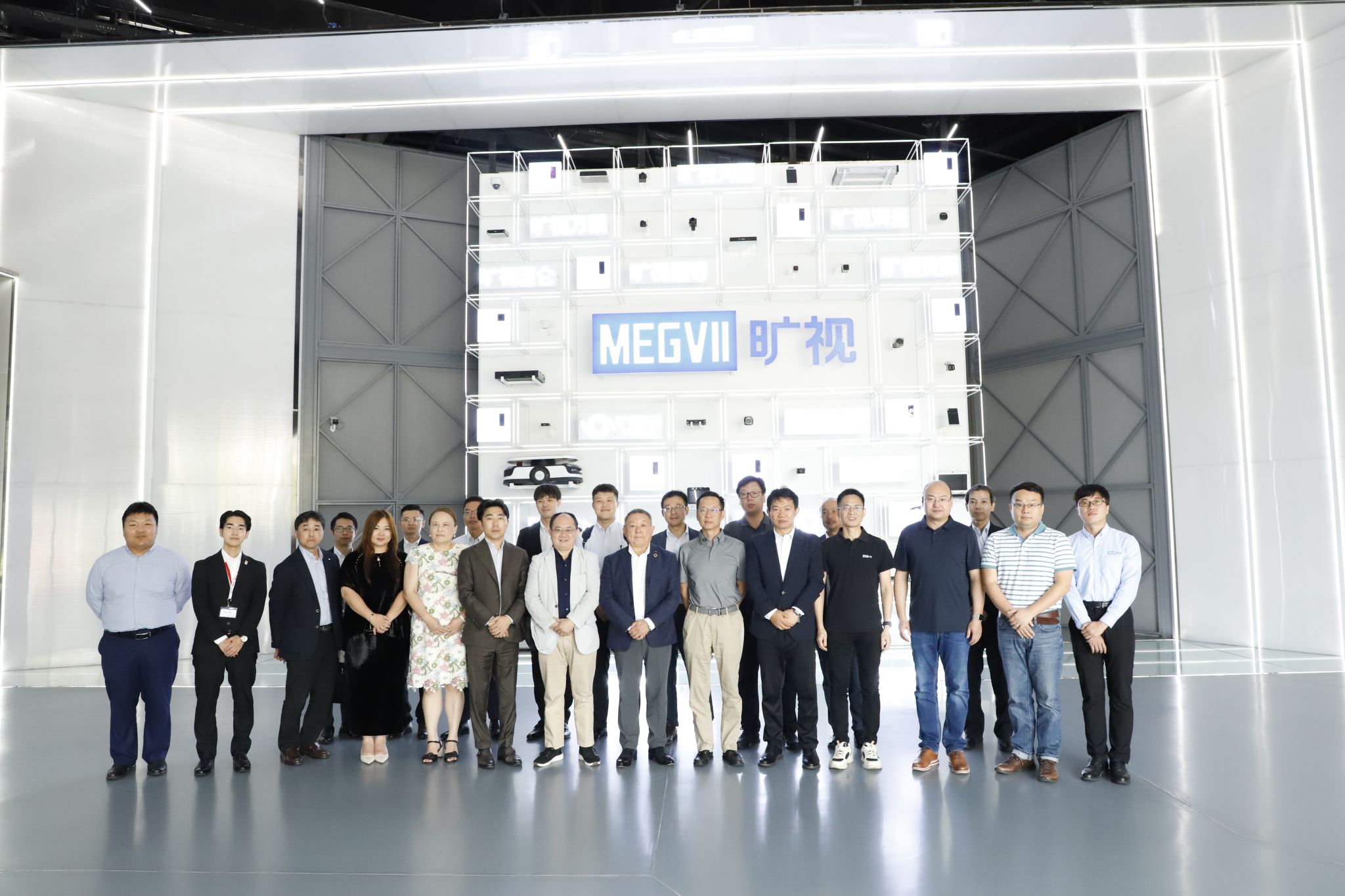"Our warehouse was put into use in 2009 when the automation level was very high in the industry," said Liang Yongkang, General Manager of the logistics center of Sinopharm Holdings Guangzhou Limited "mainly reflected in the three-dimensional warehouse, conveyor lines, sorting lines, electronic tags. " Today, the sales scale of Sinopharm Guangzhou has increased from 8 billion yuan (RMB) in 2009 to 40 billion yuan by the end of 2020, and the operational efficiency of the logistics center has increased by more than five times, so the back-end warehousing and logistics can no longer support the massive volume of the front-end, and it is imperative to upgrade the warehousing.
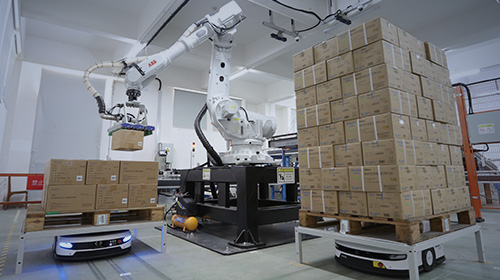
Change of pharmaceutical logistics
With the implementation of the volume procurement policy in China, pharmaceutical logistics has gradually changed from the mode of bulk whole pallet discharge and trunk transportation to a fragmented and regional discharge operation, and the process and corresponding logistics technology are facing the corresponding adjustment. Under the trend of new pharmaceutical retailing, the industry needs a shorter, more flexible and agile supply chain, and the challenges and demands of splitting and picking are further released.
Regarding the changing market demand trend, Liang Yingkang summarized two key points. First, from the perspective of traditional pharmaceuticals, the price reduction is one of the drastic changes, and more and more drugs and pharmacological instruments are subsequently reduced in price. The first challenge for pharmaceutical logistics is cost savings. Secondly, the pharmaceutical industry is becoming more and more concentrated, and the need for individual logistics centers to efficiently execute large orders is increasing, requiring companies to make new adjustments to balance efficiency and cost. For example, regarding business expansion, the input-output ratio of resources has to be considered comprehensively to ensure sustainability while meeting the business needs of different channels and terminals
Sinopharm's Guangzhou logistics center generates an average of 200 million yuan in drug sales output daily. One day of downtime brings not only economic loss but also the problem of drug supply in the Guangdong region. Liang Yingkang confessed, "The increased demand from all parties and the price reduction of drugs led to increased pressure on our costs. We often faced overnight operations during the peak business period in 2019. The original level of automation cannot meet the current business development; we need more intelligent equipment and more flexible storage solutions to improve efficiency and reduce costs
Based on the above three practical needs, Megvii closely cooperated with Sinopharm Guangzhou and finally brought the project online smoothly. Although the project coincided with an epidemic outbreak during the implementation process, the online time of program execution was still ahead of schedule by a full twenty days, "which was better than our expected result."
Artificial intelligence technology has promoted the transformation and upgrading of the logistics industry and has gradually become the "new engine" of industry development. In the future, the degree of flexibility and integration of intelligent logistics will be higher and higher, and it needs more sophisticated scheduling algorithms to integrate artificial intelligence technology with logistics. In Sinopharm's Guangzhou warehouse renovation project, using artificial intelligence visual recognition and scheduling algorithm two technologies, the machine can replace the workforce in the face of hundreds of thousands of complex SKUs, to achieve millisecond recognition speed, and improve operational efficiency. In addition, AI technology will present a more prosperous application scenario in the logistics industry, complementing its integrated application of the whole chain in automation, intelligence and digitization.
"In retrospect, we were quite bold. As far as the current Chinese domestic market is concerned, the solution is one of the largest in scale, most applied technologies and highest convenience among transformation solutions." Liang Yingkang said excitedly. This innovative drive and courage to be the first is the charm that enables Sinopharm's Guangzhou to stand out among its peers



